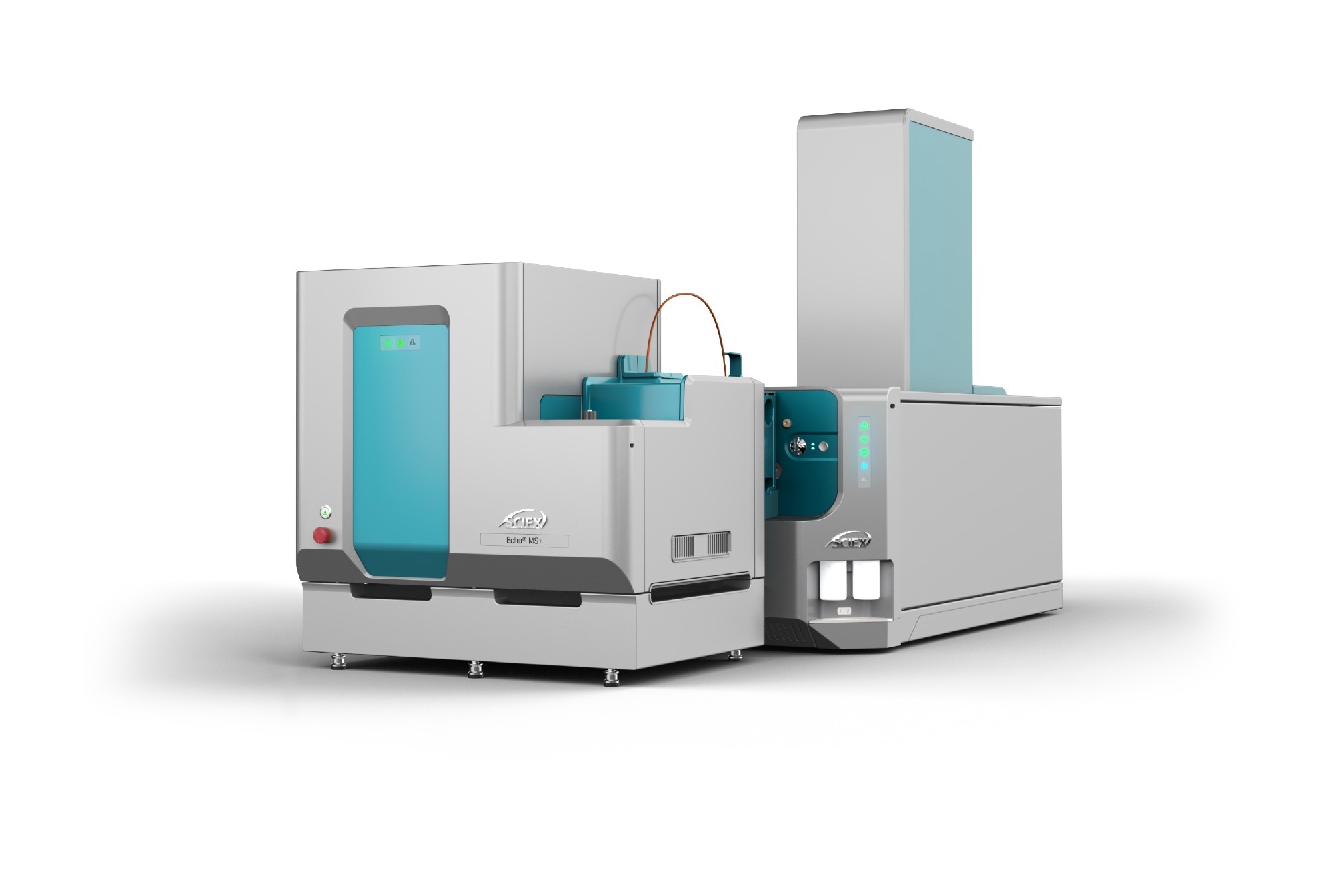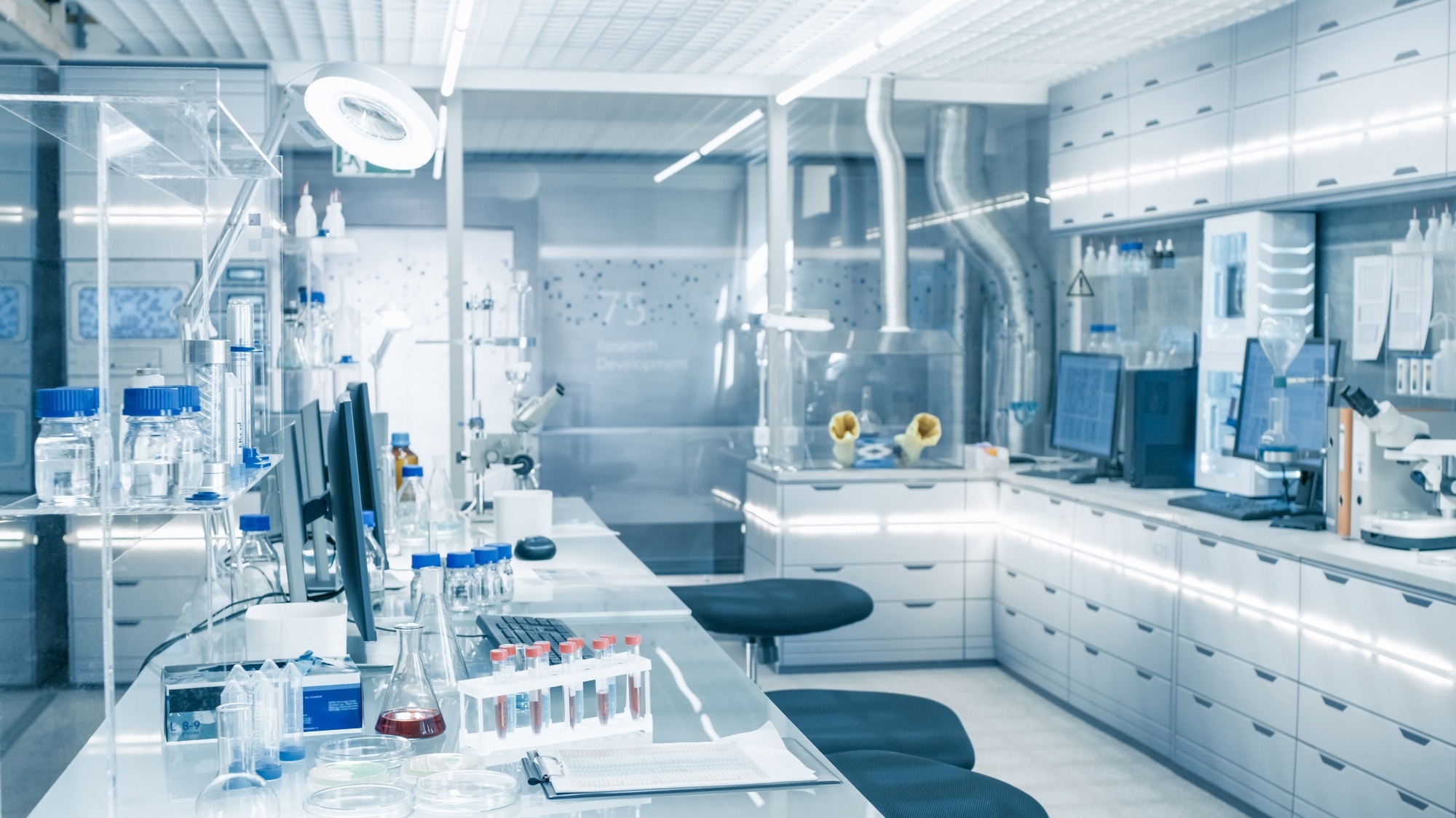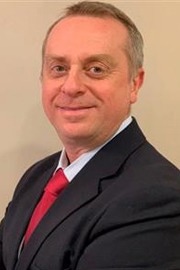Firstly, please introduce yourself and SCIEX. More specifically, could you share with us a bit about your journey in the life sciences sector and what inspired you to join SCIEX?
My name is Jose Castro-Perez, and I am the vice president of product management at SCIEX. I received my Bachelor of Science in Chemistry from King’s College in London (United Kingdom) and subsequently received a Master of Science in Clinical Biochemistry and Molecular Biology from the University of Surrey (United Kingdom).
Further post-graduate study concluded in obtaining a Ph.D. (Dynamic System-Wide Mass Spectrometry based Metabolomics Approach for a New Era in Drug Research) at the University of Leiden (The Netherlands).
My career evolved around LC/MS-MS with more than 25 years’ experience in Bioanalysis. During my early career years, I worked at Huntingdon Life Sciences (United Kingdom) Contract Research Organization as a senior LC/MS-MS research scientist in DMPK Bioanalysis where I managed the analysis of Phase II and III clinical trials samples in the laboratory using LC/MS-MS.
Following my tenure at Huntingdon Life Sciences, I held various bioanalytical leadership positions at Merck, Waters Corporation and Agios Pharmaceuticals supporting Target ID/Validation, DMPK, Biomarker Discovery/Development, and Translational Clinical Research.
SCIEX is launching the Echo® MS+ system at SLAS 2024. Echo® MS+ system is a product that uses proprietary mass spectrometry technology and offers an expanded panel of robust screening workflows. Can you tell us more about the system and explain how Acoustic Ejection Mass Spectrometry (AEMS) differentiates this system from other high-throughput screening solutions?
The AEMS system is comprised of acoustic ejection technology coupled with mass spectrometry. We offer our sensitive and robust Triple Quad 6500+ system and, as of recently, our flagship high resolution accurate mass spectrometer, the ZenoTOF 7600 system.
One of the greatest advantages of AEMS and its contactless sample ejection is that there is no carry over, it uses a very small amount of sample in the nanoliter range and is fast, very fast! The sampling rate of the system is upto 1 sample per second. Coupled with mass spectrometry, it makes for the best solution for HTS.
In terms of how it differentiates from other HTS solutions, it can be categorized by four key attributes:
a) high quality of data as it minimizes sample handling and carry over;
b) precision of results whether using nominal mass or high resolution mass spectrometry, the high specificity of results and the consistency of AEMS and the open port interface that allows for higher confidence in the results and decreases need for sample re-runs;
c) speed of analysis, allowing for a decreased turnaround time from sample analysis to results, thus enabling faster decision making;
d) the ability of a mass spectrometer to enable direct, label free measurement, and
e) versatility.
The addition of the ZenoTOF 7600 system has significantly expanded the number of potential applications, in particular for large molecule workflows where high resolution mass spectrometry plays an important role, but it also extends to medicinal chemistry where elemental composition or isotopic distribution information is key as it will leverage the power of the ZenoTOF 7600 s ystem and accurate mass measurement with high resolution mass spectral analysis.
 Image Credit: SCIEX
Image Credit: SCIEX
The Echo® MS+ system is mentioned as a solution that addresses unmet analytical needs. Could you identify some of these needs and how the system meets them?
In simple terms, customers’ needs have changed over the years in HTS, there is a desire that one system can do multiple workflows and is easy to switch between them.
For instance, any given HTS lab may be conducting medicinal chemistry screening, HT-ADME, compound management, etc. But there can be a new assay which is required on the same system such as covalent binding, meaning that our customers can maximize the return of investment and reduce overall cost of ownership.
It has unique versatility for many workflows with excellent data quality, precision, and speed.
Speed in analysis and decision-making is crucial in drug discovery. How does the Echo® MS+ system specifically accelerate hit identification and lead optimization? Do you believe the Echo® MS+ system could play a role in reducing the time and cost associated with bringing new drugs to market?
In life, time is something that we do not have, and in drug discovery time and quality of results is of the essence. Echo® MS+ system allows for truly multiplexing analytical and bioanalytical workflows to speeds never attained before when coupled with mass spectrometry using a label free approach.
With that being said, we have optimized the system with long operational robustness meaning less downtime and more samples analyzed per unit time. Furthermore, method flexibility and quality of results also key to reduce the time and cost associated to bring new novel therapies to the market as high quality data not only allows for better decisions to be made but also ensures that new chemical entities which would have screened out there is confidence in these decisions.
 Image Credit: Gorodenkoff/Shutterstock.com
Image Credit: Gorodenkoff/Shutterstock.com
Collaboration with customers is highlighted as a key part of further developing the Echo® MS+ system. What does this collaboration look like in practice, and how can customers get involved?
We highly value our customer interactions as not only do we learn from their challenges, but we work hard to innovate to answer critical needs where it matters the most and that is to try to help to bring new therapies to the market.
In May of 2023, SCIEX invested in a Center of Excellence (COE) in Framingham, Massachusetts USA with the goal of conducting demos but also support our customers whether post sales or work on unique workflows that will help our customers. It is through our COE that we manage customer interactions and manage our collaborations.
What unique challenges did you encounter while developing the Echo® MS+ system, and how did your team overcome them?
We already gained a lot of experience since our first Echo® MS system launch but also through supporting and working with the early adopters of this technology. We put all this knowledge into action for the Echo® MS+ system.
One of the challenges that we needed to overcome was the complexity of the customer problems we had, for instance different sample conditions for large molecule analysis. We collaborated with customers before the launch of the product to help them to address their needs and as a result we also learned more about best analytical conditions which will fit a high variety of workflows.
Due to the speed of analysis of the system we were able to run a battery of experimental designs quickly and get to countermeasures in a rapid fashion.
How does SCIEX foster a culture of innovation, especially when it comes to developing cutting-edge technologies like the Echo® MS+ system?
In addition to being very present in scientific meetings and driving new science via peer review publications. We highly value customer interactions, we learn a lot from talking with our customers as they are the ultimate users of our technology.
In your experience, what factors contribute to a successful product launch in the life sciences industry?
Engage with customers earlier on in the development process of the technology and check and adjust according to their feedback.
Focus on the key features which will solve the BIG problems and most importantly be obsessed with customer success and sustainability.
Finally, beyond the Echo® MS+ system, what other innovations or trends do you see on the horizon for SCIEX and the field of mass spectrometry?
We strive to continue to provide workflow ecosystems not just for quantitative applications but also for qualitative mass spectrometry.
Another important aspect to this is ensuring that we build connectivity between our mass spectrometers leveraging SCIEX OS software and third-party application which allows to build more intelligence in the operation and processing of results for better user experience and overall system dependability.
Where can readers find more information?
About Jose Castro-Perez
 As Vice President, Product Management, Jose is responsible for the overall ownership of the global SCIEX product portfolio for CE, LC/MS, software ecosystems and accessories including product line management, technology roadmap, new product development, and revenue/margin growth through value creation and commercial support.
As Vice President, Product Management, Jose is responsible for the overall ownership of the global SCIEX product portfolio for CE, LC/MS, software ecosystems and accessories including product line management, technology roadmap, new product development, and revenue/margin growth through value creation and commercial support.
Jose has 25 years of experience as a customer in Pharma, CRO and the Biotech industry. In addition to this, he held several senior roles at Waters focusing on marketing and business development for all products and services offered.
Jose joined SCIEX in 2019 as a Senior Director in Accurate Mass Product Management overseeing the entire portfolio of Accurate Mass products. During his tenure he was responsible for the Accurate Mass product line strategy and the execution of that strategy from ideation to end-of-life. In addition to this, he also held a leadership role in Market Development where he was responsible for developing the inbound and outbound marketing strategy for the entire SCIEX product portfolio.
Jose holds a BSc in Chemistry from King’s College London, an MSc in Clinical Biochemistry and Molecular Biology from University of Surrey in the UK and a Ph.D. in Metabolomics from Leiden University in the Netherlands.